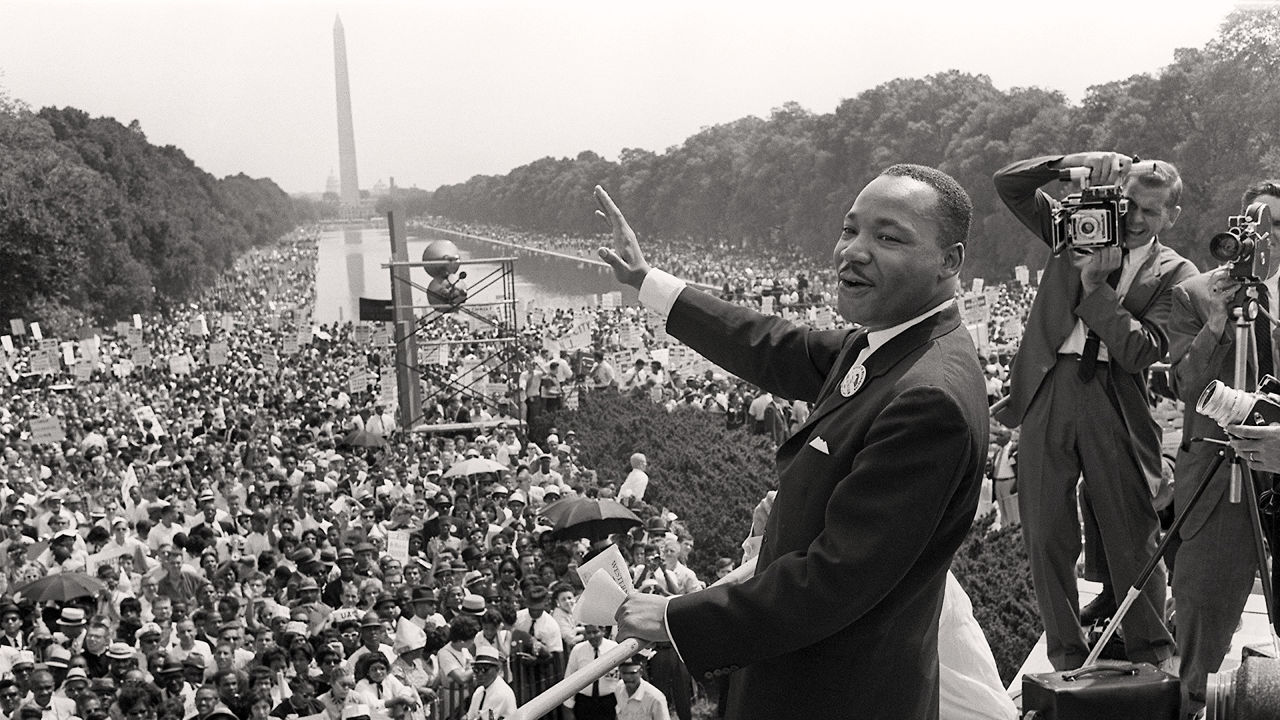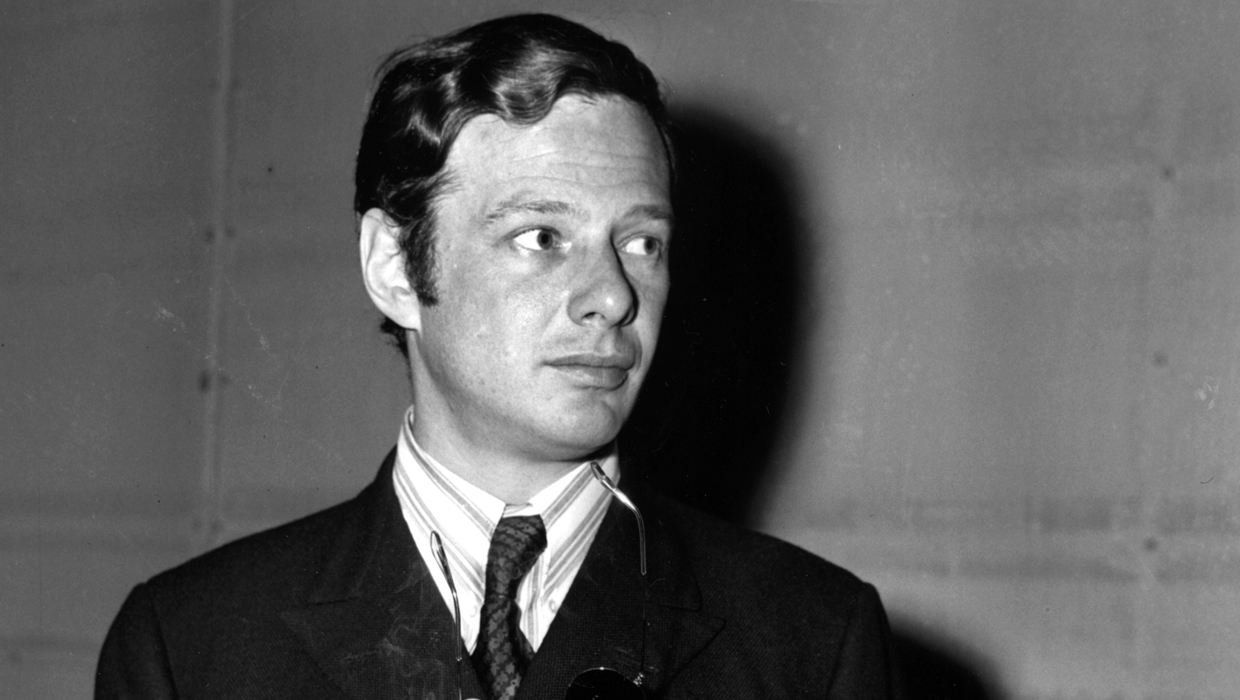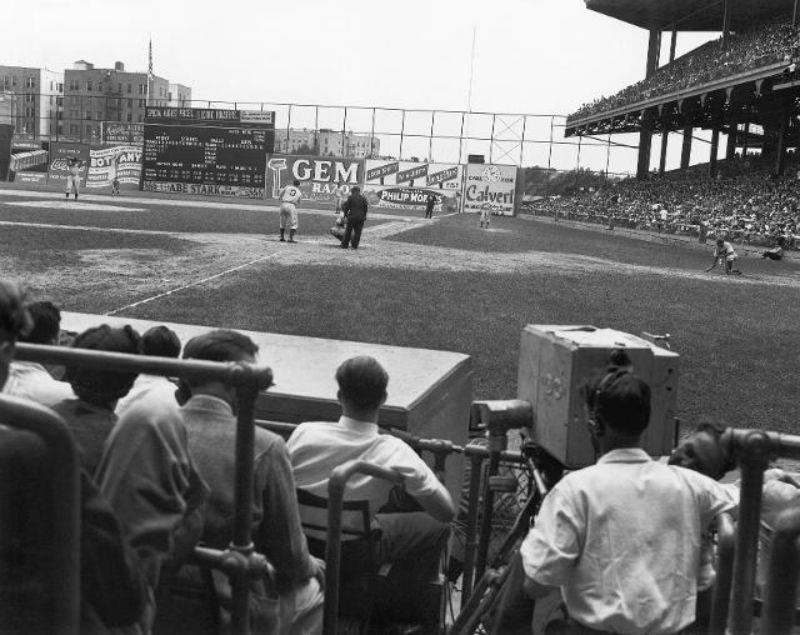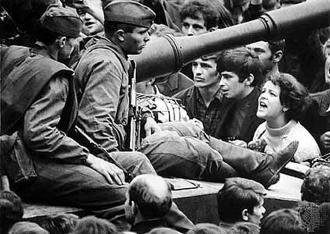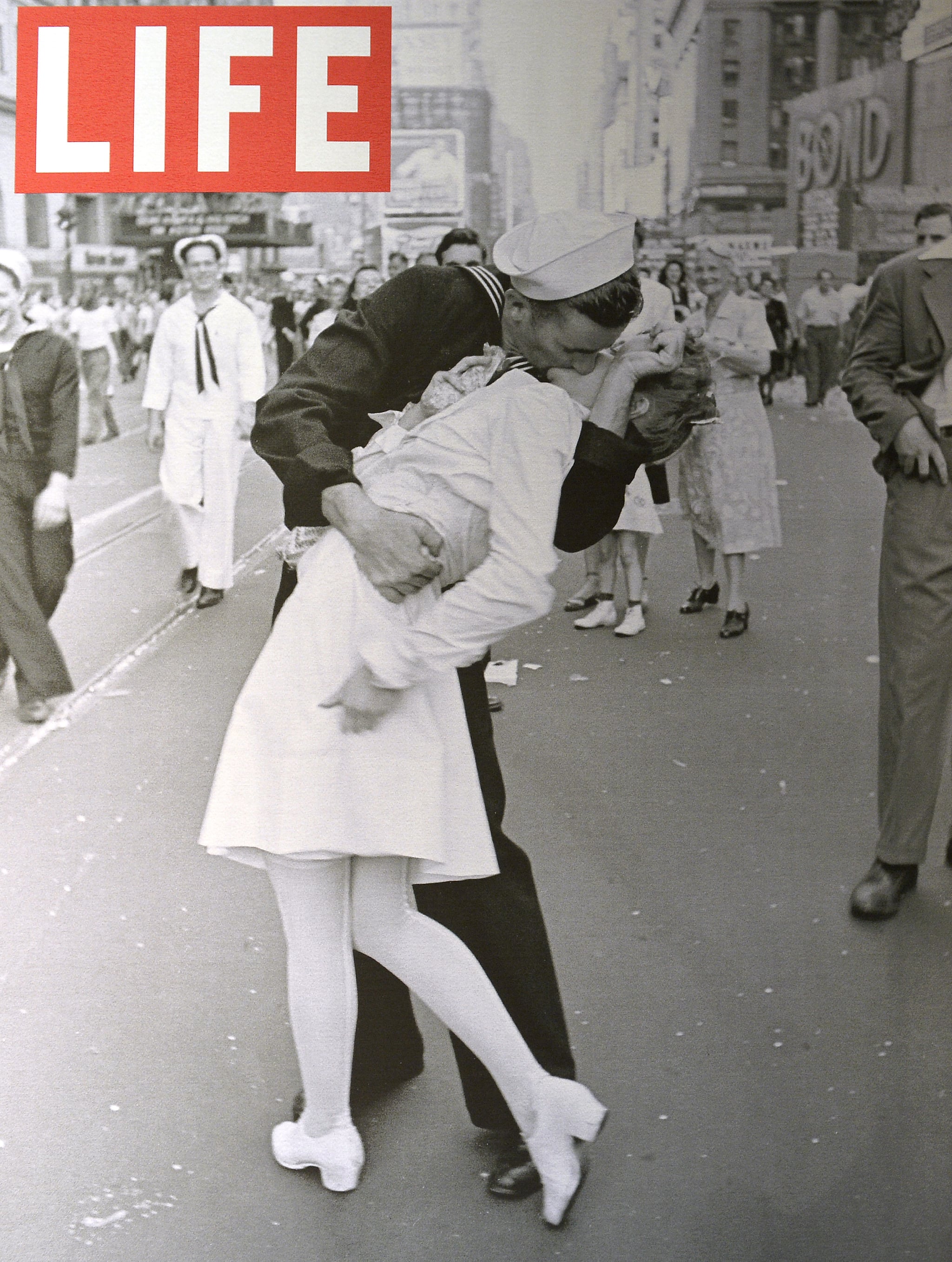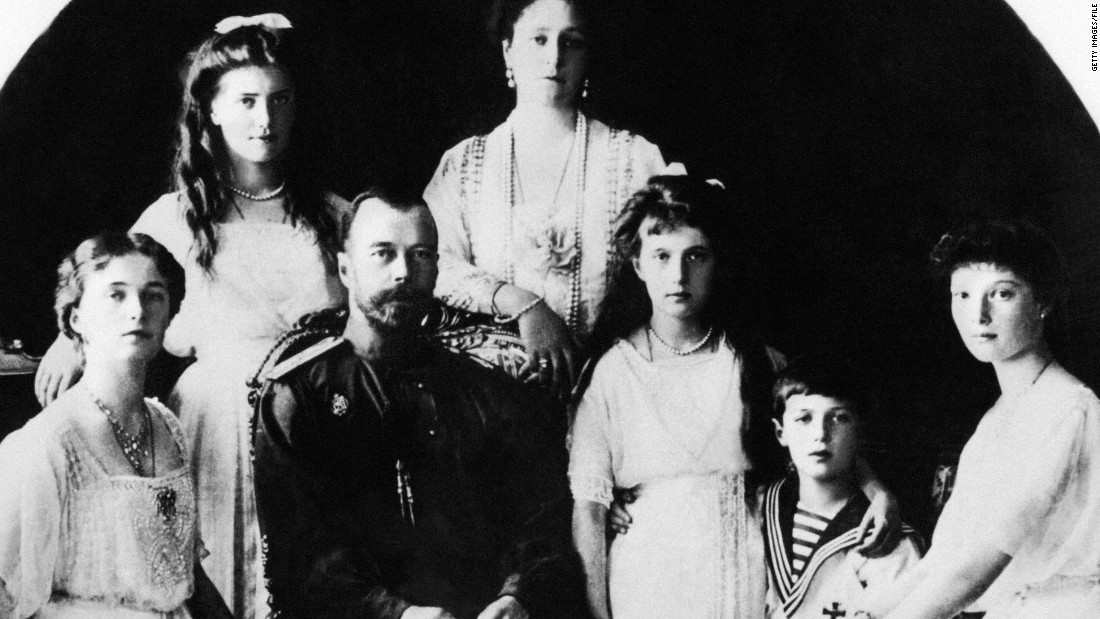The great Ted Williams was born on this day in San Diego in 1918.
He was probably the greatest hitter ever, although his numbers were impacted by military service in World War II and Korea: .344 career batting average, a .482 On Base Average, 2,654 hits, 2,021 walks, 521 HR and 1,839 RBI.
He hit .406 in 1941, the last hitter to do so, and flirted again in 1957 with .388!
Williams was a bit temperamental with fans and the media. However, there was not a better hitter once the game started.

